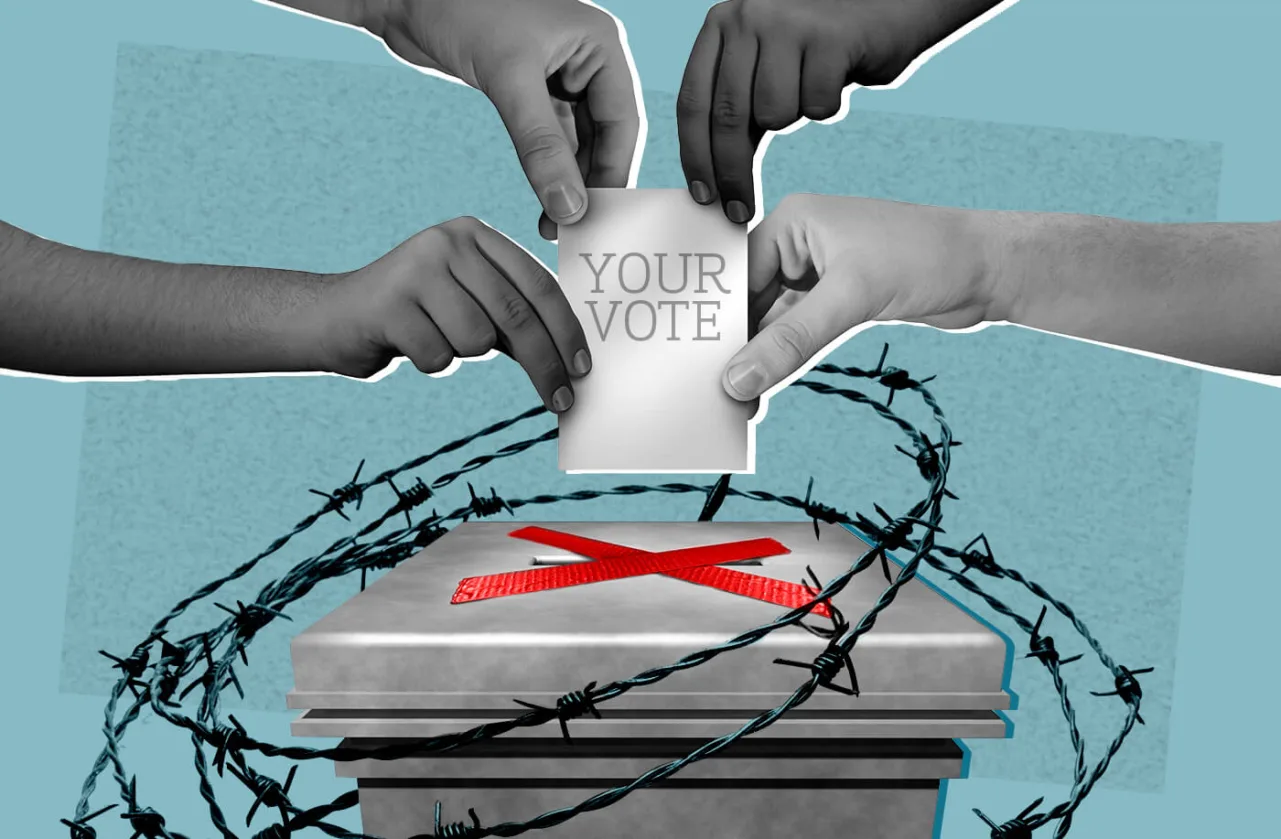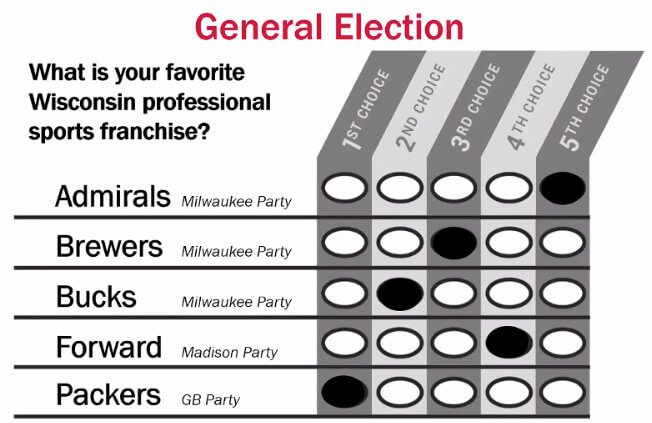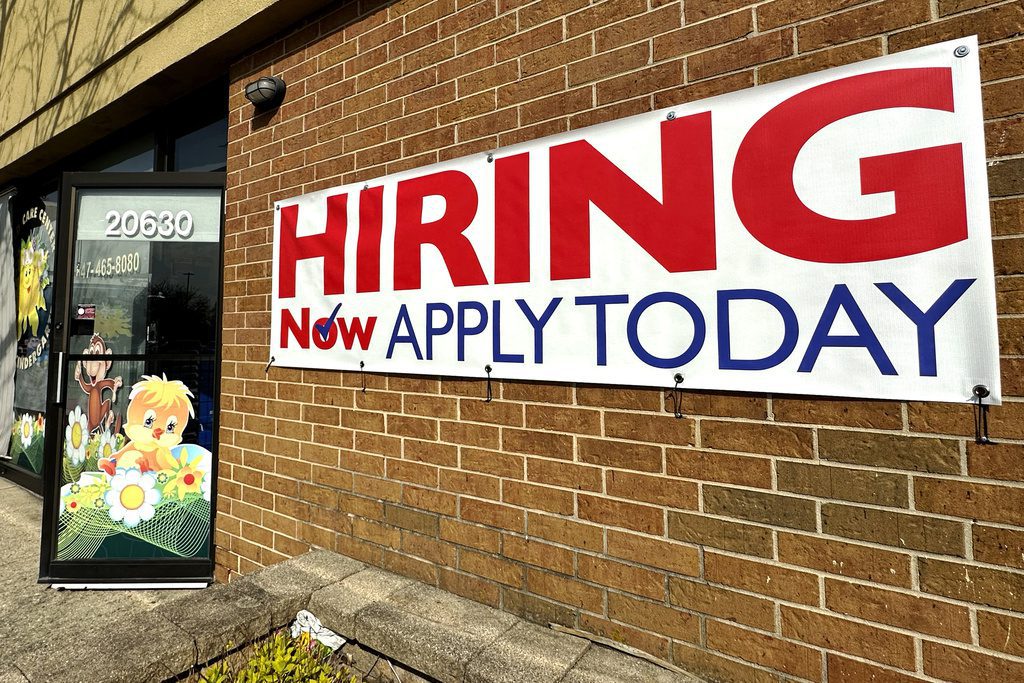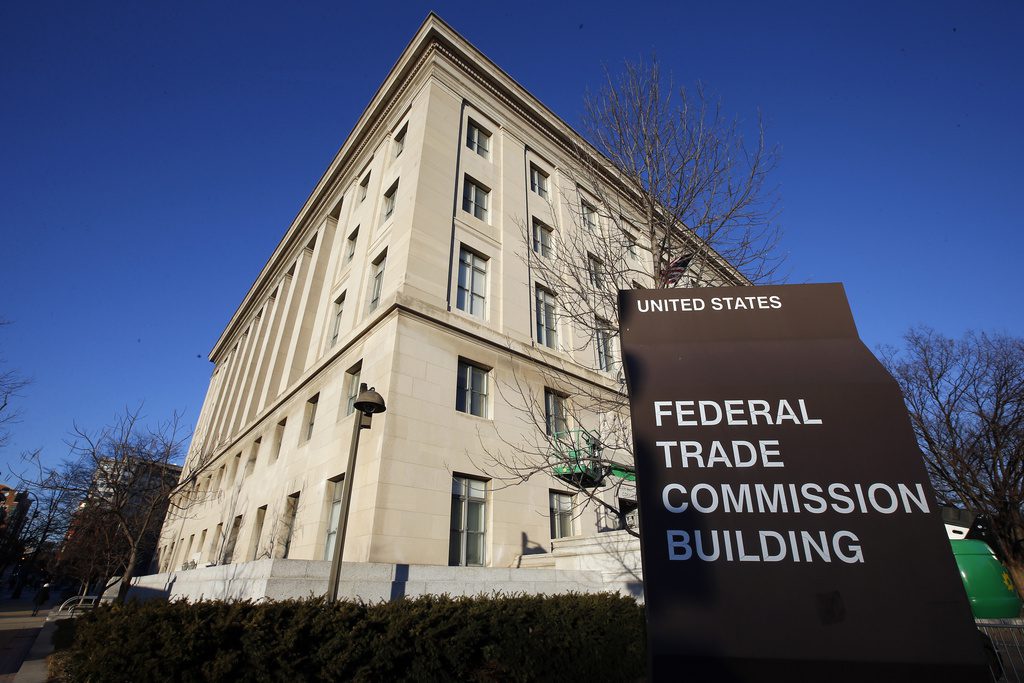
#image_title
#image_title
While one party makes attacks on voter access, reformers say ranked-choice voting could lead to less extreme candidates.
Even as Republicans in the Wisconsin Legislature continue holding hearings into baseless allegations that undermine public confidence in election integrity, others are proposing to restructure elections in order to reduce partisanship and give independent candidates a better shot at winning.
Katherine Gehl, CEO of Gehl Foods in Germantown and founder of the Institute for Political Innovation, has studied the US’s divided and dysfunctional political system and is promoting a possible reform plan with Democracy Found, an organization she co-founded. In her plan, instead of holding partisan primaries, the top five candidates for any primary race would advance to the general election ballot. Voters in the general election would not be limited to one choice but instead could rank the candidates from the top to last pick. If their first choice comes in last when the ballots are counted, that person’s vote would then go to their second choice.
Once everyone’s votes from the candidate who lost the first round are then moved to their second pick, the votes are tallied again and whichever candidate comes last, those votes are moved to their next pick. The process continues until there is a clear winner.

“It turns out that the one thing almost all Americans today agree on is Washington [D.C.] is broken,” Gehl said during a recent presentation to a Wisconsin audience. “Which is also the one thing we’re really all a little bit wrong about: Washington isn’t broken. It’s doing exactly what it’s designed to do.”
Gehl pointed out that the current system, which is dominated by two parties, has created a “perfect duopoly” where people feel that they have to vote for the “lesser of two evils.” She pointed to the 2016 election where right-leaning Libertarians were discouraged from voting for Gary Johnson, “because you’ll just take votes away from [Donald] Trump and you’ll help elect Hillary [Clinton].” The left similarly discouraged voters from casting a ballot for Green Party candidate Jill Stein.
Related: A Congressional District Up North Is the Poster Child of How Gerrymandering Has Rigged Elections
“Even though this is a democracy, don’t actually vote for the person you like, because [Stein’s] just a spoiler,” Gehl said. “The spoiler problem is the single biggest reason almost nobody outside the duopoly ever runs or gets any traction because everyone knows that they don’t stand a chance.”
With “final-five” voting, as she calls it, voters could put list third-party candidate as their first pick and have the safer pick from one of the dominant parties further down the ballot.
Another benefit would be the elimination of partisan primaries, which have lower voter turnout except among“highly ideological voters and special interests.” As a result, partisan primaries can turn into “purity tests,” where politicians can be penalized for compromising with the other party to pass legislation.
“So candidates from both parties have little choice but to move toward the extremes,” Gehl said. “Imagine for a moment that you’re a member of Congress and you’re deciding how to vote on a bipartisan bill that addresses a critical national challenge. You might ask yourself, ‘Is this a good idea? Is this what the majority of my constituents want?’ But that’s not how it works. Instead, the question that matters the most to you is, ’Will I win my next party primary if I vote for this bill?’ And the answer is almost always no.”
“In other words, if our representatives do their jobs the way we want and need them to, they’re likely to lose those jobs,” Gehl said. “And that’s crazy. It’s a crazy design. No wonder Congress really isn’t getting things done.”
With final-five voting, voting on a compromised bill could make a candidate more attractive to a broader range of voters, even if they are not their first or second choice.
While this system is not very widespread, the level of government dysfunction in Washington, particularly during the COVID-19 pandemic, has helped the idea gain traction. Maine currently has ranked-choice voting and on Nov. 3 Alaska voted to implement the system.
Meanwhile in Wisconsin, two bills to implement ranked-choice voting have been introduced in the Assembly and the Senate with bipartisan cosponsors. Neither bill has had a hearing; instead the Senate and Assembly committees on elections spent their Wednesday and Thursday hearings last week discussing bills based on false narratives of election fraud that would restrict voter access.
Politics

Biden administration bans noncompete clauses for workers
The Federal Trade Commission (FTC) voted on Tuesday to ban noncompete agreements—those pesky clauses that employers often force their workers to...

Opinion: Trump, GOP fail January 6 truth test
In this op-ed, Milwaukee resident Terry Hansen reflects on the events that took place on January 6, the response from Trump and other GOP members,...
Local News

Readers Poll: Top Bowling Alleys in Wisconsin
Looking for the best bowling in Wisconsin? Look no further! Our readers have spoken in our recent poll, and we have the inside scoop on the top...

8 Wisconsin restaurants Top Chef judges are raving about
Top Chef’s 21st season is all about Wisconsin, and on-screen, it’s already apparent that the judges feel right at home here. But, while filming in...



